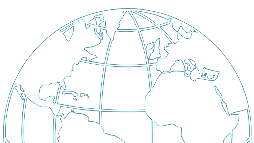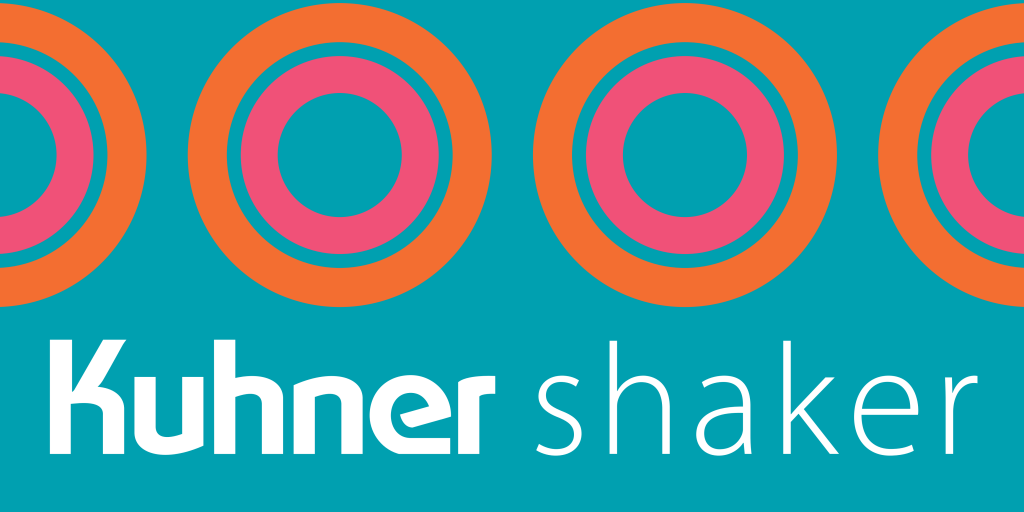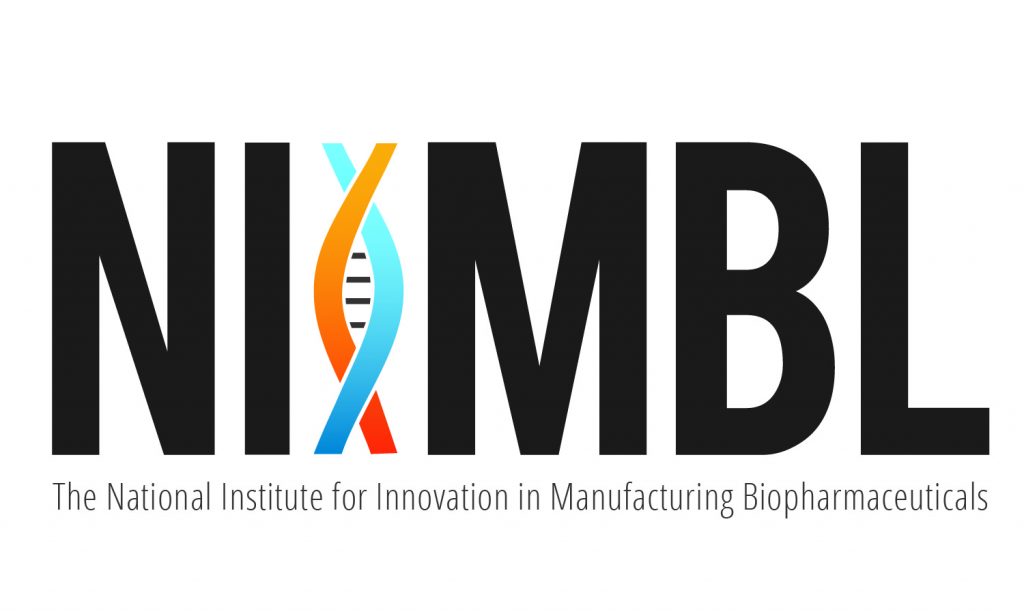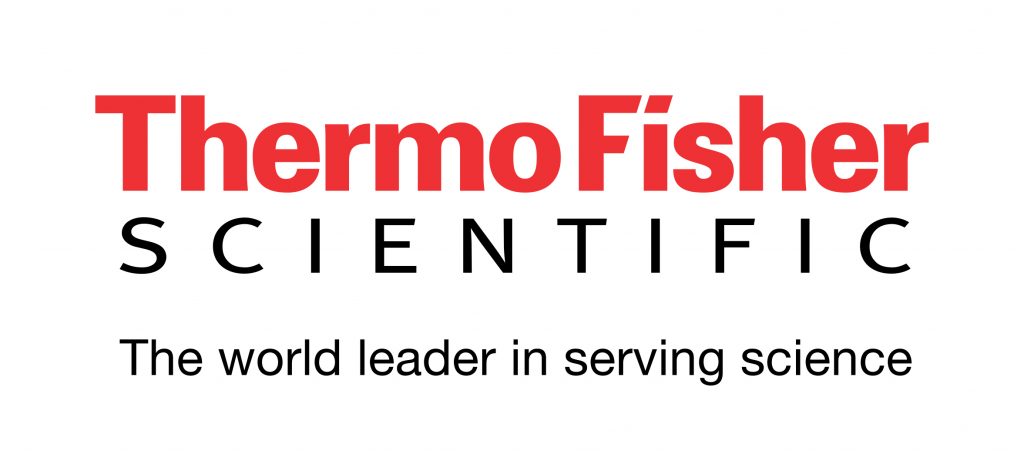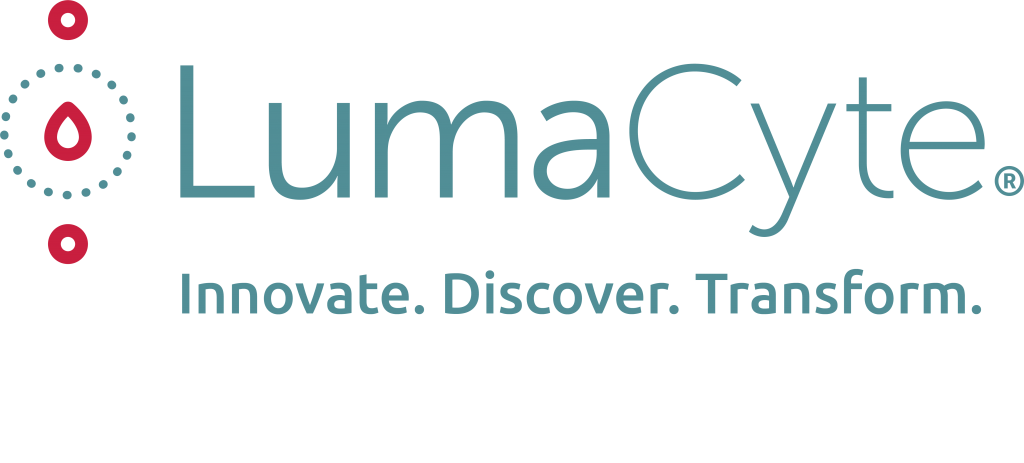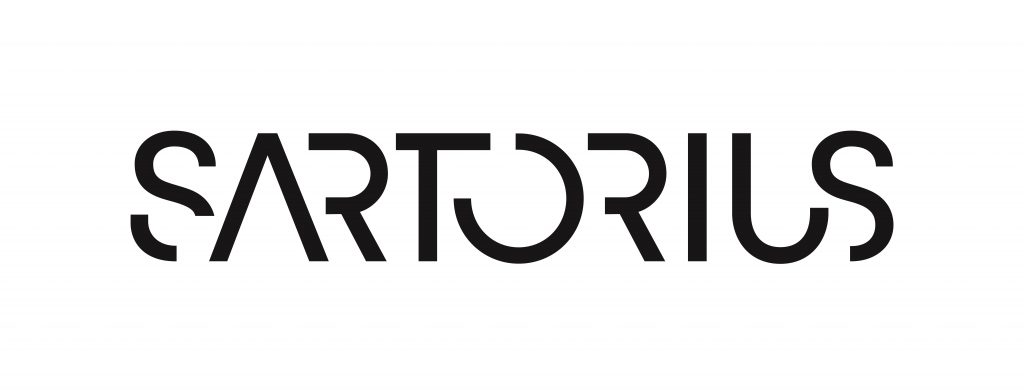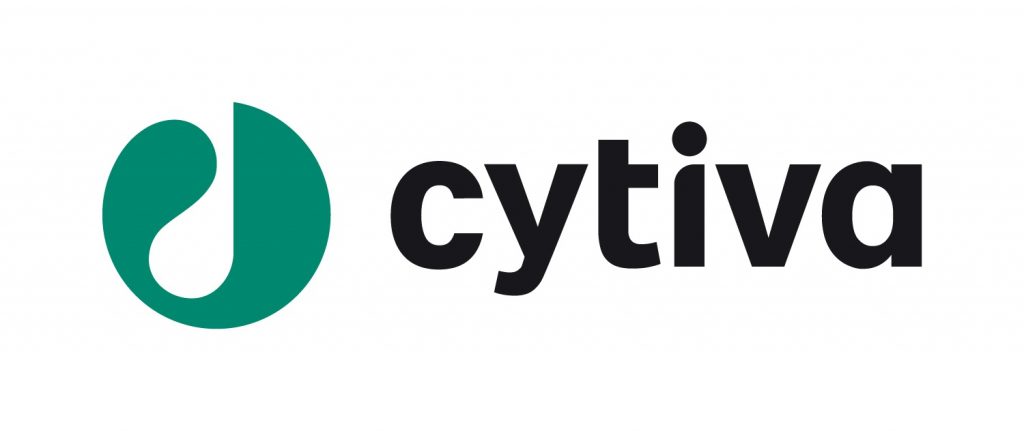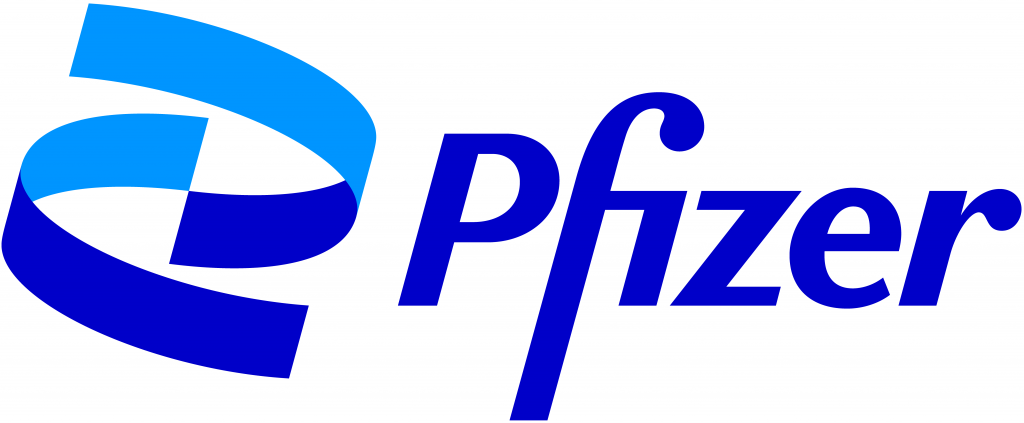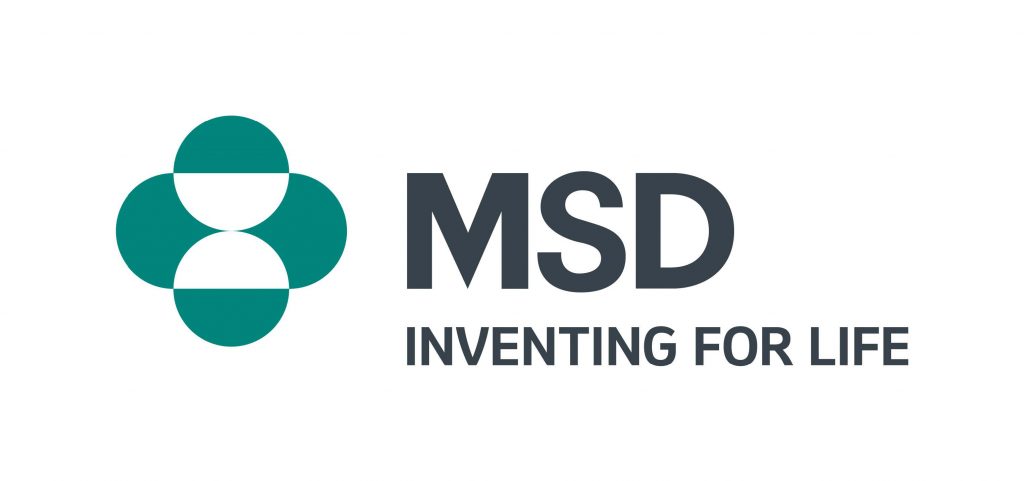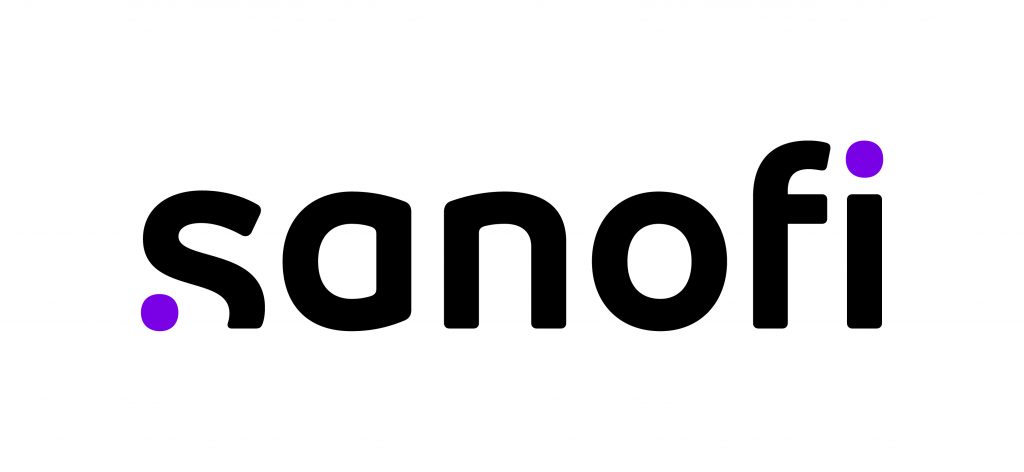An ECI Conference Series
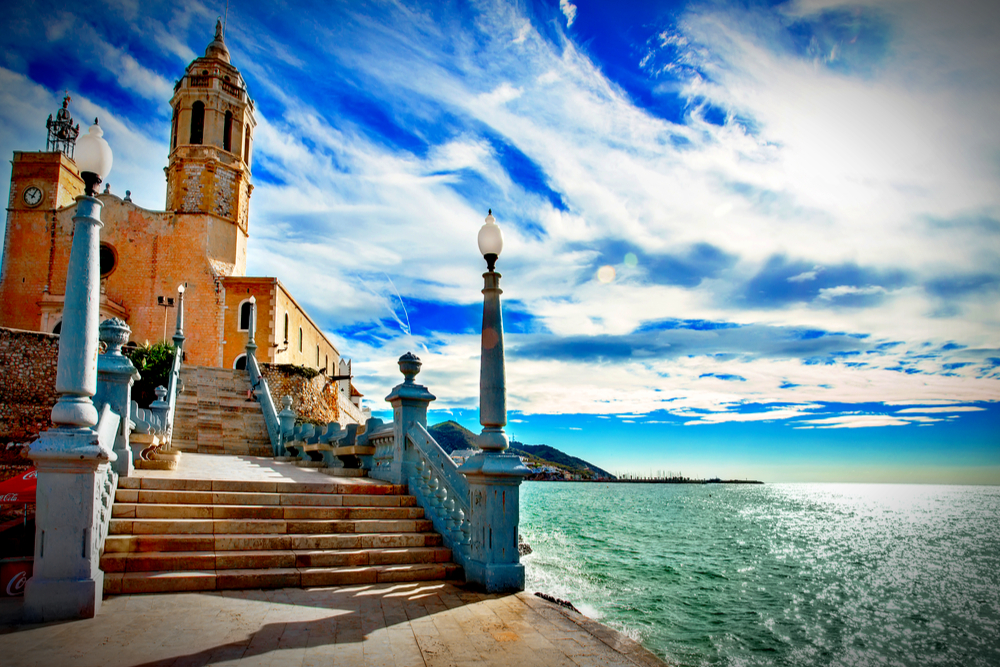
June 12-17, 2022
Sitges, Spain
Melia Stiges Hotel
Poster Board Size: 1 meter Wide x 1.5 meter High
Dear Colleagues,
It is only a short time to the start of the ECI Vaccine Technology conference and we are excited by the incredible line up of speakers and poster presenters. It is a true honor to be able to bring our community together again in the wake of the pandemic.
However, we understand that the pandemic is not over for many people, who are unable to travel or leave loved ones due to family commitments. Therefore, we intend to allow virtual access to the conference for those unable to attend.
Each day, Monday to Thursday between 13:30 to 16:00, the afternoon session of the conference program will be live streamed. These session will engage several of our keynote speakers, invited talks, and workshop sessions (please check the program for exact speaker list).
If the topics are of interest and you wish to access this part of the conference virtually, please register for Virtual Conference Access, for a fee of $250.
Those who reside in low and middle income countries can request that their fee be supported by a grant from the Bill & Melinda Gates Foundation. Please contact Kathy@engconfintl.org to request a waiver.
Best wishes,
ECI Vaccine Technology Chairs
Attendance at this conference is restricted to those fully* vaccinated against Covid-19.
Your registration will not be considered complete until your proof of vaccination is uploaded via the registration portal and verified by ECI staff. Acceptable proof includes copies of a U.S. CDC vaccination card or a certificate/document issued by the relevant health agency in your country of residence along with a government issued photo ID, such as a driver’s license or passport. If you have questions about these requirements, please email Kathy@engconfintl.org
* Two doses of an FDA or WHO authorized two dose Covid-19 vaccine, received at least 14 days prior to the conference OR one dose of an FDA or WHO authorized single dose Covid-19 vaccine, received at least 14 days prior to the conference. We strongly suggest the recommended booster as well.
Approved vaccines: Pfizer/BioNTech (2 dose); Moderna (2 dose); Janssen/Johnson & Johnson; Oxford/AstraZeneca; Serum Institute of India-Covishield; Sinopharm (Beijing); Sinovac.
We are all in this together. Thank you for being part of our community and following these policies. We look forward to see you in person very soon.
About This Conference
Vaccine Technology is the leading conference focused on the discovery, development and manufacture of vaccines. It brings together internationally leading experts to discuss the technologies and discoveries that have advanced vaccines for global needs.
The meeting content is organized by scientists from academia and industry and differentiates itself from commercial conferences by providing very high quality, cutting-edge scientific content. The conference welcomes presentations from both academia and industry and will have dedicated sessions.
Conference Organization
Tarit Mukhopadhyay, Merck Research Laboratories, USA
Charles Lutsch, Sanofi
Linda Hwee-Lin Lua, University of Queensland
Francesc Godia, Universitat Autònoma de Barcelona
Keynote and Lead Speakers
Keynote Speakers
Alexander (Sandy) Douglas, University of Oxford
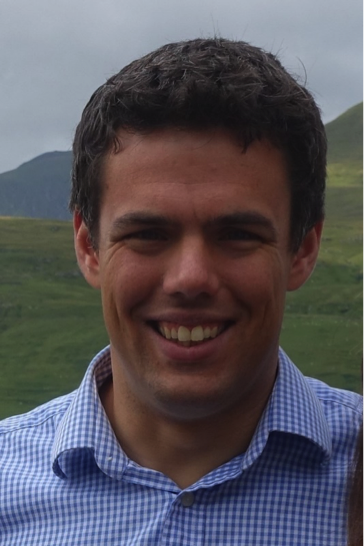
Sandy trained clinically as a pharmaceutical physician. He leads a research group at the University of Oxford with interests in vaccine manufacturing and in translational development of novel vaccines, including against rabies.
He and his team developed the core of the process used to make the Oxford / AstraZeneca COVID-19 vaccine at large scale, and the model of internationally distributed manufacturing of the product using multiple existing facilities. Before AZ’s involvement in the programme, he established the CDMO consortium which scaled up production in the UK, and initiated technology transfer to major Indian & Chinese manufacturers. He has subsequently continued to work closely with AZ.
Sarah Gilbert works on vaccines for many different emerging pathogens, including influenza, Nipah, MERS, Lassa, Crimean-Congo haemorrhagic fever, and in 2020, she initiated the SARS-CoV-2 vaccine project. Working with Oxford colleagues she is able to take novel vaccines from design to clinical development, with a particular interest in the rapid transfer of vaccines into manufacturing and first in human trials. She is the Oxford Project Leader for ChAdOx1 nCoV-19.
Birgitte Giersing, World Health Organization
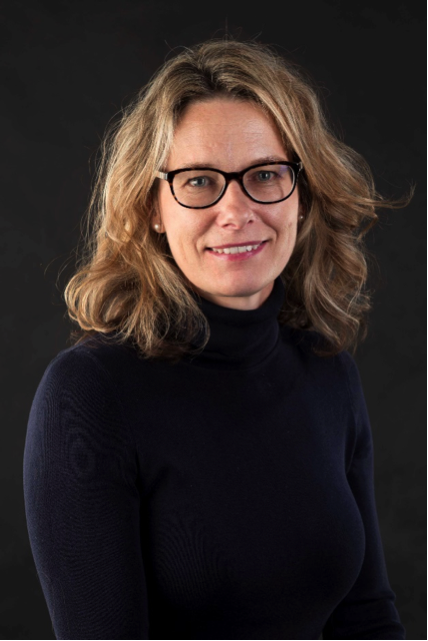
Dr Birgitte Giersing leads the Vaccine Prioritisation and Platform work within the Product and Delivery Research Unit, at the Immunization, Vaccines and Biologicals department. Birgitte is the secretariat for the Product Development for Vaccines Advisory Committee (PDVAC), working across a number of priority pathogen areas and platforms, including manufacturing technologies and innovative vaccine delivery technologies. Her focus at WHO includes establishing new tools and mechanisms to identify global vaccine R&D priorities, and to effectively partner with country, regional and international immunization stakeholders – across the vaccine product development-to-uptake continuum – to accelerate regulatory approval and uptake in low and middle income countries.
Dr Giersing has over 20 years of vaccine product development experience, having led vaccine development programmes in both the private and non-profit sector, before joining WHO 7 years ago. She trained as a biochemist and performed her post-doctoral studies at the National Institutes of Health, USA in malaria vaccine development.
Sarah Gilbert, Oxford
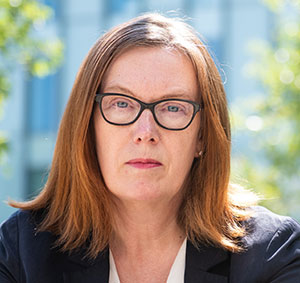
Sarah Gilbert works on vaccines for many different emerging pathogens, including influenza, Nipah, MERS, Lassa, Crimean-Congo haemorrhagic fever, and in 2020, she initiated the SARS-CoV-2 vaccine project. Working with Oxford colleagues she is able to take novel vaccines from design to clinical development, with a particular interest in the rapid transfer of vaccines into manufacturing and first in human trials. She is the Oxford Project Leader for ChAdOx1 nCoV-19.
Kathrin Jansen, Pfizer Inc.
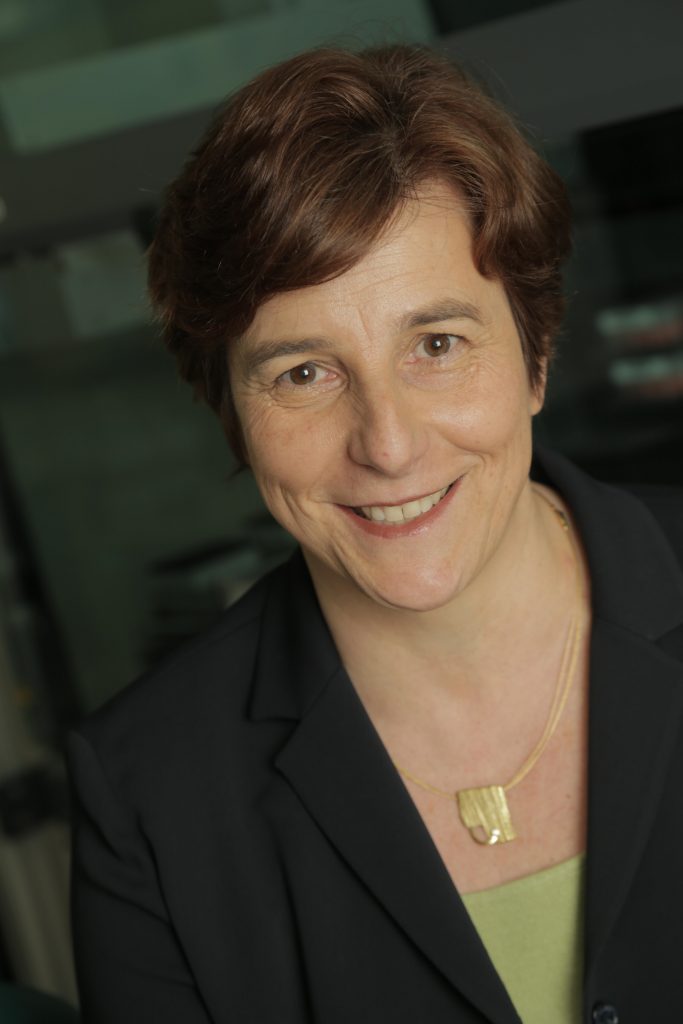
Kathrin Jansen, Ph.D., is the Senior Vice President and Head of Vaccine Research and Development (VRD) at Pfizer Inc. With over 28 years of pharmaceutical experience in Vaccine R&D. Dr. Jansen leads a fully integrated, global vaccines research and development organization. She manages a clinical vaccines portfolio that includes vaccines to prevent or treat diseases of significant unmet medical need such as those caused by severe acute respiratory syndrome coronavirus 2 (SARS-CoV-2), Streptococcus pneumoniae, Clostridioides difficile, Respiratory syncytial virus, Group B streptococcus, and Lyme disease. In collaboration with BioNTech, Dr. Jansen led the development of the BNT162b2 vaccine candidate against coronavirus disease 2019 (Covid-19). The vaccine was issued the first emergency use authorization (EUA) by the U.S. Food and Drug Administration – less than 11 months after the he SARS-CoV-2 genetic sequence was released and the first-ever authorized vaccine utilizing an mRNA platform.
David Robinson, BMGF
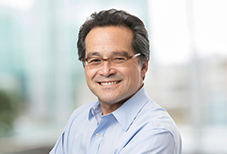
David Robinson joined the Bill & Melinda Gates Foundation in 2017 as deputy director, CMC Vaccines Development and Surveillance. He and his team work with internal and external partners to develop and execute CMC strategies ad harness advances in science and technology that enable vaccine development to save lives in developing countries.
Lead Speakers
Dr. Isabelle Bekeredjan-Ding, Paul-Ehrlich-Institut
Isabelle Bekeredjian-Ding is the Head of the Microbiology Division at the Paul-Ehrlich-Institut. She is a Medical Microbiologist and Immunologist and Associate Professor at the University of Bonn, Germany. She received her Medical School training at the University of Heidelberg, Padova (Italy) and Mt. Sinai in New York and the clinical training in Munich and Heidelberg. After a PhD equivalent in T cell and a postdoc in dendritic cell biology her research interest focused on immune recognition of infectious pathogens and microbiological methods. Before joining PEI she was deputy director of the Institute of Medical Microbiology, Immunology and Parasitology, University Hospital Bonn, Germany. Her current offices include Chair of the Innovative Medicines Initiative (IMI2 JU) Scientific Committee, CHMP Vaccines Working Party Member at the EMA and Lead of the Blood Working Group Subgroup for Infectious Pathogens of the German Ministry of Health.
Dr. Christian Brander, Universitat de Vic
Christian Brander graduated from the University of Bern in 1994 with a PhD in immunology studying exogenous antigen re-presentation on HLA class I molecules and Tcell hyperreactivity reactions to Penicillin. He then spent 13 years at Harvard University focusing on cellular immunity to viral infections and the impact that host genetics have on this immune response. He joined ICREA in 2008 with an appointment at the IrsiCaixa AIDS Research Institute to continue his work on host genetics and the cellular immunity to viral infections, including HIV, HCV and herpesviruses such as KSHV and EBV. He is the curator of the Los Alamos HIV Immunology database and the scientific director of the HIVACAT program, a project for the development of effective preventive and therapeutic HIV vaccines.
Dr. Brander’s current work focuses on the cellular immunity to viral infections in the immune compromised host.
Dr. Nicolas Havelange, CMC and Project Manager Consultant at CEPI
Nicolas, a chemical and biotechnology engineer has more than 20 years of experience in the chemistry and biotechnology industries, with a specific focus on biomanufacturing and vaccines. He held diverse positions (i.e. process development, manufacturing, business development) at SmithKline Beecham Biologicals (now GSK Vaccines), Henogen (now Novasep-Henogen), Artelis/ATMI (now Pall LifeSciences), European Vaccine Initiative and CuraVac. Nicolas holds a Master in Chemical Engineering from Ecole Polytechnique de l’Université Libre de Bruxelles (ULB) and a Master in Molecular Biology and Biotechnology also from ULB.
Dr. Mariagrazia Pizza, GSK Vaccines
Prof. Mariagrazia Pizza received her degree in Chemistry and Pharmaceutical Technologies at the University of Naples, Italy. After a fellowship at the EMBO laboratories in Heidelberg, Germany, Mariagrazia moved to Siena, where she is currently Senior Scientific Director for Bacterial Vaccines at GSK Vaccines. She has led many bacterial projects and contributed to the discovery of a pertussis vaccine based on a genetically detoxified toxin, shown to be able to protect children from disease and to the discovery of new vaccine antigens by genome mining (reverse vaccinology), which are the basis of a new MenB vaccine now licensed in more than 38 countries worldwide. She has received many scientific awards, is fellow of Academic Societies and EMBO, and Honorary Visiting Professor at the University of Leicester. She has over 200 publications in international peer-reviewed journals and is co-inventor of many patents.
Dr. David B. Volkin
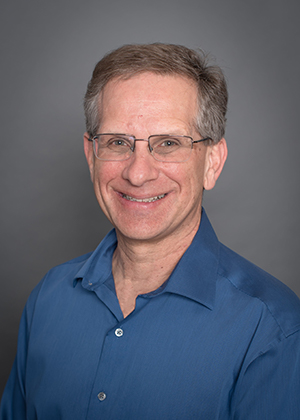
Dr. David B. Volkin is the Ronald T. Borchardt Distinguished Professor of Pharmaceutical Chemistry, and co-founder of the Vaccine Analytics and Formulation Center (VAFC) at The University of Kansas. The VAFC collaborates with global partners (non-profits, biopharma/vaccine companies, and academia) on analytical characterization and formulation development projects to facilitate novel vaccine and biotherapeutic drug candidates entering clinical trials, with a particular emphasis on lower-cost dosage forms for use in the developing world.
Dr. Volkin joined the KU faculty in 2010 after a 20-year industry career in vaccine and biopharmaceutical R&D, including senior director positions at Merck Research Laboratories (Merck & Co.) and Centocor R&D (Johnson & Johnson). He led formulation and analytical groups that brought dozens of candidates into clinical trials, including five vaccines and three monoclonal antibodies approved for commercial use by regulatory agencies worldwide. Dr. Volkin graduated with B.A. in Chemistry from the University of California-San Diego and earned a Ph.D. in Biochemical Engineering from the Massachusetts Institute of Technology. He is co-author of ~175 scientific publications and co-inventor on 15 U.S. patents including patents and papers describing the formulation and stabilization of the commercial HPV (Gardasil™) and rotavirus (RotaTeq™) vaccines. Dr. Volkin was awarded the American Association of Pharmaceutical Scientists (AAPS) Research Achievement Award in Biotechnology in 2015.
Dr. Leor Weinberger, University of California, San Francisco
Leor Weinberger is currently Bowes Distinguished Professor, Director of the Gladstone/UCSF Center for Cell Circuitry, and Professor of Pharmaceutical Chemistry and Biochemistry & Biophysics at University of California, San Francisco. Weinberger obtained his Ph.D. in Biophysics from UC Berkeley in 2004 as an HHMI pre-doctoral fellow and was then a Lewis-Thomas Fellow at Princeton University. As a graduate student, Weinberger pioneered the study of the HIV decision-making circuit and provided the first experimental demonstration that stochastic fluctuations (‘noise’) in gene expression can regulate cell-fate decisions. His lab at Gladstone/UCSF has built off this work, discovering regulatory principles of virus-cell circuitry using mathematical and experimental approaches, and engineering first in-class resistance-proof antiviral therapies. Weinberger was named a Pew Scholar in 2008 and has been awarded the Alfred P. Sloan Research Fellowship, the W.M. Keck Research-Excellence Award, and the Bill and Melinda Gates Grand Challenges in Global Health Award. In 2016, he was named a Blavatnik Scholar. He is the only individual ever to receive the NIH Director’s Pioneer Award, the NIH Avant-Garde Award, and the NIH Director’s New Innovator Award.
Session Descriptions
Sessions 1 and 2: Technological and clinical advances in vaccinology
Session Chairs (Session 1):
Florian Krammer (Icahn School of Medicine at Mount Sinai, USA)
Julia Blanco (IRSI Caixa, Spain)
Session Chairs (Session 2):
Sandy Douglas (University of Oxford, UK)
Barry Buckland (BioLogicB, USA)
Our understanding of both the immune system and the molecular biology of pathogens enable new strategies for prevention and treatment. Advances in synthetic biology, antigen design, therapeutic vaccines, and specific immune modulation are examples that will play prominent roles for the vaccinology of the 21st century. Coupled with this are the clinical needs to consider the appropriate animal models and correlates of protection for specific disease targets to give early read outs for novel candidates. With a systems vaccinology approach, it may become possible to direct antibody and T-cell mediated responses and increase our understanding of the range of response. This session is dedicated to recent advances in vaccinology that promise to improve efficacy, safety and availability of “next generation” vaccines.
Session 3: Next generation platforms
Session Chairs:
Amine Kamen (McGill University, Canada)
Fu Tong-Ming (IGM Biosciences, USA)
The need to accommodate the incredible diversity of vaccine targets in a reproducible, consistent, and cost-effective manner requires the development of platform technologies. The increasing use of automation, data rich experimentation and standardized design means that it is now possible to create platform technologies for the design of antigens, rapid expression technologies to further their testing, development and manufacture. The advantages of the platform approach should enable faster development times, predictable cost of goods and de-risked scale-up or scale-out opportunities. Specific examples and case studies will be sought for this session that typify the potential of next generation platforms.
Sessions 4 and 5: Bioprocessing advances in vaccine development and manufacture
Session Chairs (Session 4):
Martina Micheletti (University College London, UK)
Paula Alves (IBET, Portugal)
Session Chairs (Session 5):
Yvonne Genzel (Max Planck Institute Magdeburg, Germany)
Joseph Joyce (Merck & Co., USA)
The development and manufacture of vaccines often requires significant understanding of the upstream production conditions and downstream purification requirements of the antigen, such that each new antigen and vaccine target presents a novel and unique challenge. Advancing bioprocessing often requires better understanding of the experimental space which can be achieved through the implementation of high throughput methodologies, machine learning, quality by design approaches and the creation of novel unit operations that can increase the quality and productivity of the process. This session is dedicated to the advances made in bioprocessing for vaccine development and manufacture.
Sessions 6 and 7: Vaccine Analytics
Session Chairs (Session 6):
Cristiana Kampa (GlaxoSmithKline, UK)
Paula Lei (NIH/VRC, USA)
Session Chairs (Session 7):
Laura Palomares (UNAM, Mexico)
Patrice Riou (Sanofi)
It encompasses all in vitro and in vivo assays to evaluate the biological, chemical and physical properties of a vaccine. In-depth characterization of vaccines provides an understanding on the function, potency and toxicity issues, and improves vaccine efficacy and safety. In addition, bio-analytical characterization plays a critical role in establishing comparability of the product produced with process, scale and site changes.
Session 8: One World, One Health
Session Chairs:
Diego Fontana (Universidad Nacional Del Litoral, Argentina)
Jean-Christophe Audonnet (Former Animal Health – Vaccine Industry Leader, France)
The vast majority of emerging and re-emerging pathogens in humans is of animal origin. Most of this growing number of threats has its origin in wildlife, while humans are exposed either directly or through indirect domestic animal contacts. Effective and economical ways of protecting mankind from emerging diseases are best based on combatting zoonotic pathogens at the animal source. The “One Health” concept creates awareness of the major opportunities that exist to protect public health through policies aimed at controlling these pathogens at the level of their animal hosts, or more specifically, at the interface between humans, animals and their environments. Implementation of these policies places those who have regular contacts with domestic animals, like owners, handlers and veterinarians, in the front line together with those who regularly come into contact with wildlife and their environment. This session will highlight the importance of the integration between medical and veterinary disciplines within the One Health concept.
Session 9: Formulation and Delivery
Session Chairs:
Qinjian Zhao (Xiamen University, China)
Lakshmi Khandke (PATH Center for Vaccine Innovation and Access, USA)
This session highlights the different steps that need to be taken in order to bring a concept to the first clinical trial, from the definition of the vaccine form (formulation, route of administration) to the various steps that need to be taken before entering into humans. Each vaccine candidate is unique and will require specific approach, nonetheless a common path can be defined and followed to maximize the chances of reaching a fast go/no go decision. Those paths will be discussed, including from how to select the formulation and validate its choice, to discussing the new emerging delivery and adjuvant technologies that are being brought to the field of vaccines.
Session 10: Capacity building and intervention for emerging and reemerging infectious diseases
Session Chairs:
Martin Elsenhawer (WHO)
Matthew Downham (CEPI, UK)
Infectious diseases remain one of the two leading causes of global mortality. It is estimated that hundreds of thousand pathogens remain to be discovered and recent outbreaks including SARS, Ebola and Zika reveal major gaps in emergency response plans. Initiatives, such as the Coalition for Epidemic Preparedness Innovations (CEPI) have been created to build on the global consensus that new and sustainable partnership models are needed to develop vaccines, diagnostics, and therapeutics to contain outbreaks of emerging and reemerging infectious diseases. Such partnerships should fill need for coordinated and proactive R&D and increased funding, stronger advanced development and manufacturing capabilities, regulatory innovations and harmonization of regulatory requirements. This session will provide a forum to highlight case studies on the accelerated development of new vaccines against emerging pathogens, and share views on novel strategies in building capacities to improve preparedness against emerging and reemerging infectious diseases.
Workshops
Workshop #1 – Next Generation Sequencing
Workshop #2 – Innovation in Global Health
Workshop #3 – Creating A Career in Bioscience
An all women panel shares career adventures in an ever-changing landscape. This is an interactive workshop that brings together students, early-career and senior researchers and industry executives who are working in the vaccine field to discuss different career paths and challenges.
- How do you craft your career story and excel in this field?
- What are the keys to success?
- How do you balance your work and personal life?
Hear from inclusive leaders and role models on their approaches towards positive development on a personal and organizational level. Learn how teamwork, inclusive leadership, initiative, networking and other transferable skills play a key role in designing your career.
Workshop #4 – Intensified Vaccine Manufacturing – Status quo, Promises and Urgent Needs
The workshop will give an overview on current applications in different manufacturing steps and present developments in equipment supporting process intensification. The goal is to accelerate implementation of intensified vaccine manufacturing in biopharma industries on all levels.
Presentations will bring to the forefront current developments in intensified vaccine manufacturing, such as:
(1) Product types, platforms/technology choices, process strategies, equipment;
(2) Reduction of time and costs of developing and manufacturing vaccines;
(3) Process flow simplification / unit-operation compression;
(4) Ensuring delivery of quality products and regulatory submissions;
(5) Chances and needs for new markets.
Poster Awards Winners
Diego Fontana
Universidad Nacional del Litoral
“RHABDO-LIKE RECOMBINANTE (VLPs), a novel veterinary rabies vaccine: Safety and efficacy trials in pets and cattle”
Lena Achleitner
ACIB – University of Natural Resources and Life Sciences
“High cell density culture for VLP production in latent virus-free insect cell line”
Tilia Zinnecker
Max Planck Institute for Dynamics of Complex Technical Systems
“Automated single-cell cloning in chemically defined medium for new suspension MDCK cell lines and scale-down of influenza A virus production into ambr®15 microbioreactors”
Vaccine Technology © Conferences History
Vaccine Technology I (2006)
Barry C. Buckland, John G. Aunins, Emilio A. Emini, and Jerald C. Sadoff
Puerto Vallarta, Mexico
Vaccine Technology II (2008)
Barry C. Buckland, John G. Aunins, Paula Marques Alves, and Kathrin Jansen
Albufeira, Algarve, Portugal
Vaccine Technology III (2010)
Barry C. Buckland, John G. Aunins, Paula Marques Alves, and Kathrin Jansen
Nuevo Vallarta, Mexico
Vaccine Technology IV (2012)
Barry C. Buckland, John G. Aunins, Paula Marques Alves, and Kathrin Jansen
Albufeira, Algarve, Portugal
Vaccine Technology V (2014)
Laura Palomares, Manon Cox, John Aunins and Kathrin Jansen
Playa del Carmen, Mexico
Vaccine Technology VI (2016)
Laura Palomares, Tarit Mukhopadhyay, Manon Cox and Nathalie Garçon
Albufeira, Portugal
Vaccine Technology VII (2018)
Amine Kamen, Tarit Mukhopadhyay, Charles Lutsch, Nathalie Garcon
Mont Tremblant, Quebec, Canada
Vaccine Technology VIII (2022)
Tarit Mukhopadhyay, Charles Lutsch, Linda Hwee-Lin Lua, Francesc Godia Sitges, Spain
Call for Abstracts
Descriptions of the Sessions You may pick one or two sessions that you feel your work fits best.
- Abstract deadline is Closed
- Deadline for Poster Abstracts: March 31, 2022
Please prepare your abstract according to this template:
All abstracts should be submitted electronically HERE.
Only a limited number of oral presentation slots are available and thus all submissions for oral sessions will be considered for both oral and poster presentation.
Conference Fees
All conference fees are inclusive. They include registration, accommodations (nights of Sunday – June 12, Monday – June 13, Tuesday – June 14, Wednesday – June 15, and Thursday, June 16), all meals (with the exception of Tuesday, June 14 dinner on your own), excursion, drinks, and taxes from reception and dinner on Sunday through breakfast on Friday. Incidental fees (faxes, laundry, spa, etc.) are billed to your personal account by the hotel.
ALL PARTICIPANTS (INCLUDING MEMBERS OF THE ORGANIZING COMMITTEE AND INVITED SPEAKERS) ARE REQUIRED TO REGISTER.
The conference fees are:
| Register on or before May 13, 2021 | Register after May 13, 2021 | |
| Participant (single occupancy or sharing room with a guest; guest fee additional) | US $2,890.00 | US $3,090.00 |
| Participant (sharing a room with another participant) | US $2,410.00 | US $2,610.00 |
| Bona fide Graduate Student (sharing a room with another student) (Those in this category must send proof of current status – copy of current Student ID can be faxed to 1-212-514-6030 or emailed to Kathy@engconfintl.org) | US $1,995.00 | US $2,195.00 |
| **Fees for Guest/accompanying person sharing bedroom with single occupancy participant. (A guest badge will be issued and this fee Includes all conference meals) | US $840.00 | US $840.00 |
If you plan to bring children to the conference, please contact Kathy Chan for pricing.
Conference Registration
You will need a login name and password to register for ECI conferences through our online system. If you have been a recent participant at an ECI conference or have submitted an online application or request for information about an ECI Conference, you may already have an account with us. If you know your login information, please use it.
If you are not sure whether you already have a login and password, please click on automated password retrieval and enter your e-mail address before creating a new account. If we don’t have a valid email address on file for you, a pop up window will appear stating that no records were found. Click “OK” and then follow the instructions to create a new account.
If you have any questions or experience any difficulties, please contact Kathy Chan.
Special Notes and Payment Instructions
We suggest that you register as soon as possible to be certain that you will have a hotel room at the conference rate.
All participants are encouraged to register before May 13, 2022. There is a discounted price for registering before this date. Hotel space cannot be guaranteed for registrations received after this date. Your registration is not officially confirmed until we receive payment of the amount due and COVID-19 vaccination proof is verified by ECI staff. ECI reserves the right to cancel your room registration if payment is not received or your vaccination proof is invalid. Your invoice/receipt will automatically be e-mailed upon of receipt of your registration. Should you need a signed receipt, please contact Kathy Chan (kathy@engconfintl.org).
Because of contractual guarantees made with the hotel for room and meal functions, no shows, late arrivals, missed meals and early departures cannot receive fee adjustments. If you have a disability and may require accommodation in order to participate fully in this conference, please indicate this when you register. An ECI representative will contact you to discuss your specific needs. If you have special dietary requirements (e.g., vegetarian or a food allergy), please make a note on your registration. The chef needs to know this information in advance if we are to accommodate you. ECI will attempt to accommodate special requests such as Kosher or Halal meals, but such meals may not be available at all conference sites. The participant must pay any additional costs for special meal requests to ECI.
Payment must be made by credit card (Visa, MasterCard, and Amex), check or money order drawn on a U.S. bank in U.S. dollars, payable to ENGINEERING CONFERENCES INTERNATIONAL. Checks or money orders in any other currencies are NOT ACCEPTABLE. Payment must be made on the web site except for those who are sending payment by wire transfer or have a purchase order from their company/institution.
WIRE TRANSFER PAYMENT: If you are planning to make payment by wire transfer, please contact ECI for the bank information. You must add $30 to cover ECI bank charges. Please reference your full name and the conference title. Either fax a copy of your bank transfer papers to ECI (Fax: +1-212-514-6030) or email a scanned copy to kathy@engconfintl.org. This is very important – otherwise it is extremely difficult to trace your payment and you may not receive a receipt prior to the conference.
Cancellation Policy: Cancellation must be received by ECI in writing at least 28 days prior to the start of the conference in order for a full refund (less a processing fee) to be considered. The ECI auditors require that refunds for all conference cancellations be processed after the conference so that the necessary back-up information (e.g., hotel list of those in-house) can be attached to the refund request and ECI can verify that the hotel has not charged a cancellation fee.
Cancellation fees:
- Cancellations received more than 28 days prior to the conference start date are subject to a processing fee of 4% of the total fee, plus any direct expenses incurred by ECI.
- Cancellations received 15 – 28 days prior to the conference start date are subject to a $250 cancellation fee plus any direct expenses incurred by ECI.
- Cancellations received 8 – 14 days prior to the conference start date are subject to a $500 cancellation fee plus any direct expenses incurred by ECI.
- No refunds will be issued for cancellations received less than 7 days prior to the conference start date.
- No refunds will be issued due to inclement weather or travel disruptions/cancellations.
Registrations may be transferred without incurring any penalty or cancellation fee.
Denied or delayed visa
If a participant is forced to cancel due to a denied or delayed entry visa, ECI will issue a full refund if ECI has been notified of a potential visa issue at least four weeks prior to the conference start date.
Change of payment method
If an attendee who has already paid the conference fee with a credit card requests that the fee be refunded to that card so that it can be paid in a different manner (e.g., charged to an alternate credit card, or paid via check or bank transfer), a processing fee of 4% of the total fee amount will apply.
Disclaimer
It may be necessary for reasons beyond the control of ECI to alter the content and timing of the program or the identity of the speakers. In the unfortunate circumstance that an event is cancelled, ECI is not liable for any costs incurred by participants in connection with their attendance.
Smoking is prohibited at ECI conferences and conference functions.
Should you have specific questions regarding your registration, please contact Kathy Chan.
Venue Information
Conveniently located in a quiet area of Sitges, the Melia Sitges Hotel is just 3 minutes’ walk from Balmins and Aiguadolç beaches. It offers a spa, a stylish garden with an outdoor pool, and a restaurant with a terrace. The Meliá Sitges is 5 minutes’ walk from Aiguadolç Marina and 10 minutes’ walk from the lively and historic town center. It is a 20-minute walk to the train station, which connects you with central Barcelona in just 40 minutes. The air-conditioned rooms at the Meliá feature modern, minimalist decor.
Each one has a pillow menu and a flat-screen TV with satellite channels. Available for a surcharge, the hotel’s YHI spa includes a gym, hydromassage pool, sauna and steam bath. Massage treatments are also available. The Bistrot Saffron restaurant serves modern Mediterranean food. There is also a stylish cocktail bar with seating in the garden.
Sitges, Spain
Sitges is a coastal town in Spain’s Catalonia region, about 35 km southwest of Barcelona, backed by the mountainous Parc Natural del Garraf. It is known for its Mediterranean beaches and seafront promenade lined with grand mansions. A seaside town, Sitges boasts some beautiful beaches right
on its doorstep. There are some 13 individually named beaches along a 2.5km promenade. It has been referred to as the Saint-Tropez of Spain and the Jewel of the Mediterranean. The compact old town and surrounding streets are filled with shops, restaurants, and many nightspots. Sitges is about a 20-minute drive from Barcelona’s El Prat international airport. It is not necessary to hire a car when staying in Sitges as there are excellent transport links to and from Barcelona airport and into Barcelona city. For those who wish to spend some time in Barcelona either prior to or after
the conference, Barcelona is easily accessible both by train and bus. The region can also be accessed from Reus and Girona airports with low cost airlines flying from many European airports.
The Maricel Museum and Cau Ferrat Museum showcase Catalan and other Spanish art. The Cau Ferrat building was once the home of Catalan artist Santiago Rusiñol, one of the leading figures of the Catalan Modernist movement. Upon his death, the artist bequeathed the house and its contents
– including drawings, paintings, ceramics and more – to the town of Sitges on condition that it be opened to the public as a museum. If the Old Town of Sitges is not particularly large, it is nonetheless worth exploring, in particular the old fishermen’s neighborhood and its white houses with blue borders, as well as the 15th-century Church of Sant Bartomeu and Santa Tecla and its Baroque interior. Sitges Old Town has typically Spanish narrow streets leading down to a palm tree lined promenade that runs along an open bay with its many beaches. A wide pedestrian boulevard stretching along the waterfront, the Passeig Maritim is one of the most
scenic walks to be enjoyed in Sitges. The walkway is lined with cafés, restaurants and ice cream shops. The proximity to the sea is reflected in the cuisine of Sitges’ well-regarded traditional restaurants, which can be found along the waterfront and in the Old Town. The gastronomy of Catalonia is rich and varied. Principally it is the typical Mediterranean diet of fish and seafood with fresh vegetables, olives and olive oil rice and pasta. Restaurants such as La Nansa and El Trull come highly recommended for their fresh fish as well as their hearty seafood rice dishes. The town has been built on an industry of fishing, commerce and wine, and has been much favored by artists, the bohemian crowd and more recently has developed a large gay community. If most people associate Bacardí Rum with Cuba, what they ignore is that the story actually begins in
Spain – and more precisely Sitges – where founder Facundo Bacardí Massó was born in 1814.
Today the Casa Bacardí talks of the brand’s heritage and the process of making rum, as well as offering the guests to try some rather delicious cocktails in the bar at the back. Sitges is a maritime town. It has a large tourist infrastructure and facilities. With three local marinas,
it has more than any other town in Spain. In addition to tourism, there are fishing, shoe-making, and artistic businesses, though the former now consist of smaller workshops. The town was rebuilt in the last century, to accommodate increased tourism. Noted for its outstanding location, the Church of Sant Bartomeu i Santa Tecla, better known as “La Punta” at the end of the promenade in a bastion above steps and a coastal cliff, has become one of the most recognized icons in Sitges, much photographed and painted. Its structure is quite peculiar, because it has two bell towers, and
possesses one of the watch towers that served the population to calculate the time. Its facade is quite simple but the frame where it is located is incomparable. The beautiful parish of San Bartolome and Santa Tecla is certainly the image that symbolizes Sitges. The church, built in the seventeenth century but with many subsequent amendments, is a charming Baroque style and the interior retains several Renaissance and Baroque altars and an organ of 1690.
The word Sitges means “silo” in English and it refers to the underground holes used to store wine. Before the tourist and LGBT boom of the 60s and 70s, Sitges was a wine producing fishing village big in shoemaking and with a thriving artistic and cultural scene. The name was given by the Sitges
family who took over the town in the 12th century. However, the town’s history dates back to thousands of years ago, from the Neanderthal period when it is believed that humans inhabited the caves at either end of the town. A Neanderthal jaw found in the Cova del Gegant in the 1950’s dates
back to 53,200 years ago and is one of the oldest human remains in Catalunya. When the Spanish Civil War started, Sitges, like the rest of Catalunya, entered a dark period when all the artistic appeal and openness of the city was stopped and went into hibernation until the second half of the 20th century when things started to improve. By the 60s and 70s, especially after Franco’s death, 75% of the population had moved from shoe making to tourism and most of the now famous festivals and cultural events that make the town proud and known were launched. After Franco’s death in 1975 and the arrival of democracy, Sitges experienced a renewed boom. And the world famous Sitges Carnival, banned during the dictatorship, was re-established.
COVID Testing Information
Note: The Covid testing services do not come to the hotel. You must go to their location to receive a test.
Antigens
- FARMACIA MASSAGE
- Carretera de les Costes nº20, Sitges
- Telf: 938946348
- FARMACIA BENASET
- Av. Camí dels Capellans 23, Sitges
- Telf: 938941331
PCR:
- CENTRE MEDIC POLICLINIC
- http://policlinicsitges.es / policlinicsitges@gmail.com
- Tel. 93 894 9595
- Francesc Gumà, 25 08870 Sitges
- Price:100€
- From Monday to Friday. From 08:00AM to 11:00 AM
- Is necessary to reserve by phone before you go.
- Passport is needed
- To have PCR before gone, you have to go 2 days before to do the test. In 24-36 hours you will have the certificate.
- SYNLAB LABORATORY
- Carrer de l’Havana, 14, 08800 Vilanova i la Geltrú
- Telf: 93 815 72 03
- Reservations by: www.synlab.es
- Price: 75,00€
- Passport is needed
- From Monday to Friday. From 08:00 to 13:00 hours
- Is necessary to reserve before to go
- To have PCR before gone, you have to go 2 days before to do the test. In 24-36 hours you will have the certificate.
Barcelona Airport COVID Testing
Please visit this link for more information for COVID testing at the Barcelona Airport.
Tele-Med Tests for Travelers
There are several major at-home tests accepted for use by inbound passengers, including Abbott’s BinaxNow COVID-19 Home Test and Ellume’s COVID-19 Home Test. There are some other acceptable tests for which travelers must purchase add-on virtual service.
You can take a test anywhere in the world, as long as you can access the internet to have your test proctored. You MUST purchase these tests prior to leaving as they may not be available locally.
Set up a separate banner for these and near the top of the webpage please make a link (Covid Testing for Travelers).
Pre/Post Conference Reservation
If you are arriving early or staying after the conference and wish to extend your stay in the conference hotel, please email reservas.melia.sitges@melia.com and note that you are attending the ECI Vaccine Conference from June 12 – 17. ECI does not guarantee or pay for rooms reserved before or after the conference – you must reserve extra nights directly with the hotel and you are responsible for paying the hotel directly for any extra nights.
Transportation to Sitges
By plane: The closest airports to Sitges are the airports of Barcelona, Spain. The main international airport is Barcelona El-Prat Airport, served by most large international carriers. Guidelines regarding metro, train and bus connections to the city of Barcelona are available in detail on the website of Barcelona El-Prat Airport. You may use this information in combination with the train timetables from the Spanish Railways official website.
Low-cost international carriers and other seasonal international carriers serve two smaller airports that are each approximately 100 km from Barcelona: Giona-Costa Brava Airport and Raus Airport. From both these airports you can reach Sitges (or Barcelona) by special bus services. If you are deciding whether to fly into Barcelona, Reus or Girona airports, it is worth considering all costs. If you find thata flight to Reus or Girona is cheaper than one to Barcelona Airport, make sure that you add up the other costs of further travel before booking your ticket.
By train: Detailed information on how to reach Sitges by train, from the city of Barcelona, or from the airports of Barcelona, can be obtained from the Spanish Railways official website. Additional information regarding train transportation is available on the touristic website of Sitges.
Timetables for the green line R2 from El-Prat Airport to Sitges and back can also be found on the airport’s webpages.
By taxi: The distance to Stiges from Barcelona Airport is approximately 20 kmn. This will take about 30 minutes in a taxi, costing from €65-€70.
By car: Depending on which airport you travel from, you can find very helpful guides to reach Sitges on the touristic website of Sitges. This site also indicates the highway toll-charges.
Webinar
Please check out our webinar, Virtual Vaccine Technology: Focus on Covid-19, held originally on June 16, 2020.
Program:
- Introduction by Vaccine Technology VIII Chairs Francesc Gòdia, Charles Lutsch, Linda Hwee-Lin Lua, Tarit Mukhopadhyay
- Julià Blanco, IRSI Caixa, Barcelona, Spain
“Characteristics and mechanisms of action of SARS CoV-2: What do we know?” - Jerome Kim, International Vaccine Institute, Seoul, South Korea
“Test, track, isolate, and treat in South Korea” - Jim Robinson
CEPI (Coalition for Epidemic Preparedness Innovations), Oslo, Norway
“Considerations for Manufacturing for a Pandemic” - Sylvie Briand
WHO, Geneva, Switzerland
“Covid-19: An unprecedented pandemic” - Paul Young
University of Queensland, Brisbane, Australia
“Molecular Clamp Technology for Covid-19 vaccines” - Valérie Lecouturier
Sanofi Pasteur, Marcy l’Etoile, France
“Development of a subunit Covid-19 pandemic vaccine” - David Robinson
Bill and Melinda Gates Foundation, Seattle, USA
“Global response to current and future pandemics” - Recap and Future – Vaccine Technology VIII Conference Chairs
Sponsors
Sponsor Packages
Package A: $1,000
• Name of Company on Sponsor List in Program
• Company Logo displayed on screen between sessions
Package B: $2,500
• Half page ad in program
• Name of Company on Sponsor List in Program
• Company Logo displayed on screen between sessions
Package C: $5,000
• Full page ad in program
• Sponsor a Coffee Break including poster display
• Name of Company on Sponsor List in Program
• Company logo and link on conference website
• Company Logo displayed on screen between sessions
Package D: $7,500
• Sponsor a Scientific Session or Workshop including brief oral introduction
• Full page ad in program
• Name of Company on Sponsor List in Program
• Company logo and link on conference website
• Company Logo displayed on screen between sessions
Package E: $10,000
• Table of company information (*space limited)
• Full page ad in program
• Name of Company on Sponsor List in Program
• Company logo and link on conference website
• Company Logo displayed on screen between sessions
Package F: $20,000
• Table of company information (*space limited)
• Company information packet available in attendees’ registration materials
• Company logo and link on conference website
• Full page ad in program
• Company logo displayed on screen between sessions
• Name of company on sponsor list in program
Kevin Korpics (kevin@engconfintl.org) (+1-212-514-6760) may be contacted for invoicing and other questions. Please make checks payable to:
Engineering Conferences International
Attn: Vaccine Technology Conference
32 Broadway, Suite 314
New York, NY 10004
Payment can also be made via wire transfer or credit card.
General Information about ECI
Engineering Conferences International (ECI) is a not-for-profit, global engineering conferences program, originally established in 1962 that provides opportunities for the exploration of problems and issues of concern to engineers and scientists from many disciplines.
The format of the conference provides morning and late afternoon or evening sessions in which major presentations are made. Poster sessions will be scheduled for evening discussion as well. Available time is included during the afternoons for ad hoc meetings, informal discussions, and/or recreation. This format is designed to enhance rapport among participants and promote dialogue on the development of the meeting. We believe the conferences have been instrumental in generating ideas and disseminating information to a greater extent than is possible through more conventional forums.
All participants are expected both to attend the entire conference and to contribute actively to the discussions. The recording/photographing of lectures and presentations is forbidden. As ECI conferences take place in an informal atmosphere, casual clothing is the usual attire.
Smoking is prohibited at ECI conferences and conference functions.
